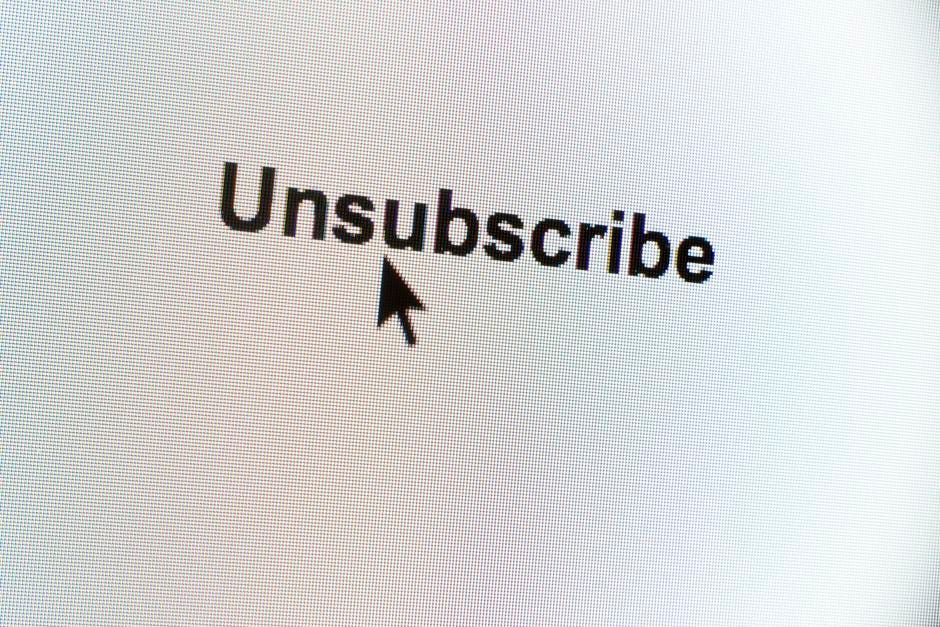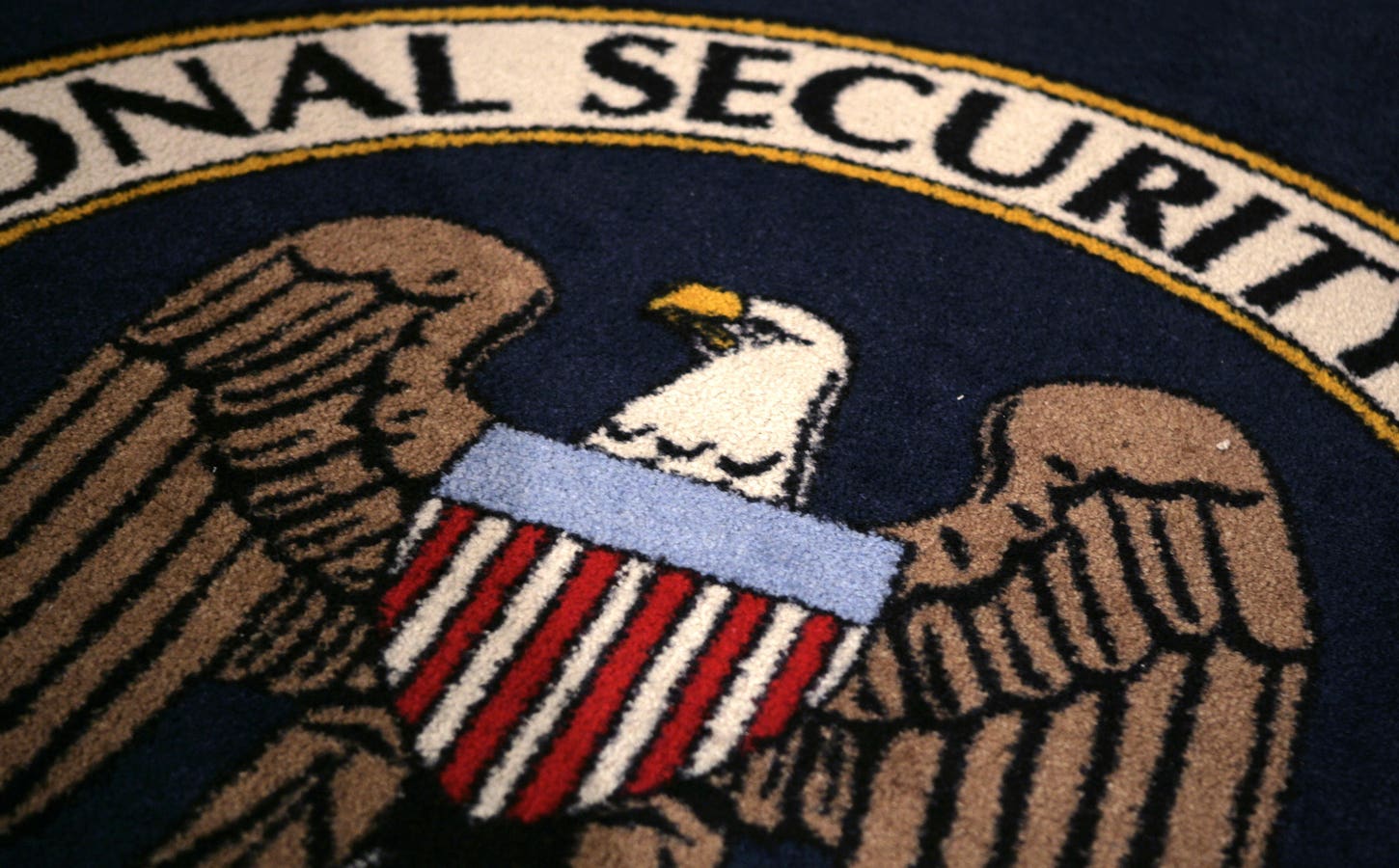As an independent ad tech advisor, Ivan Guzenko provides professional advice to the CEO and C-level management of the company SmartyAds Inc.
Last year in October, major industry groups—including the NCTA (The Internet and Television Association), ESA (Electronic Security Association) and IAB (Interactive Advertising Bureau)—sued the U.S. Federal Trade Commission (FTC) to block its new “One-Click Cancellation” rule for subscriptions. The rule, aimed at making it as easy to cancel as it is to sign up, has businesses pushing back, calling it government overreach that limits how they operate. As industry giants battle regulators, a big question looms: Does this rule cut through the red tape for consumers or discard the good with the bad?
The Maze Of Unsubscribing: Should FTC Clear The Path?
Have you ever come across a subscription process that felt like solving a Rubik’s Cube? Of course not—if signing up were that tricky, companies would be out of business. But when you want to unsubscribe, suddenly, it’s a maze of hurdles and hidden exits. The FTC’s new rule, set for April 2025, aims to end these tricks. Without diving deep into details, the main idea is that subscribing takes one click, and canceling should be just as easy—no hoops, no headaches and manageable through the same channel as a subscription (online).
The rule targets unfair practices like recurring charges for unwanted services, demanding that companies provide easy cancellation options, clear trial-ending notifications and explicit consent before billing. As the FTC puts it, nobody should pay for a service they no longer want.
But not everyone is on board. Big industry players—including Comcast, Disney, Google and Netflix—with IAB suing FTC for the first time in history, arguing the rule is overkill, an unnecessary burden on businesses and even claiming that multi-step cancellations can protect consumers from rash decisions.
To the FTC, though, these “helpful hurdles” feel more like sticky webs designed to ensnare customers. They want cancellation to feel like stepping off the same smooth escalator, not wrestling a rusty gate.
Business Interests Vs Customer Convenience
While the IAB acknowledges the importance of fair regulation, its Executive VP of Public Policy, Lartease Tiffith, argues that these new rules could dismantle a cornerstone of modern commerce. According to Tiffith, the FTC’s approach risks undermining subscription services that span industries far beyond media, from streaming platforms to e-commerce giants, impacting businesses of all shapes and sizes.
Tiffith also warned of the ripple effects for consumers. He pointed out that potential costs could easily surpass $100 million, warning that the rules might end perks like free trials and seamless renewals for users. Instead, consumers could face a labyrinth of tedious forms and dense legalese, draining their time and wallets. Tiffith pointed out that the vague language and hefty penalties proposed by the FTC could scare businesses away from offering subscription services.
It may especially affect younger Americans, who have embraced the convenience of online subscriptions and shopping. Subscriptions have become an integral part of how they engage with the world, from binge-watching their favorite shows to snagging that must-have gadget.
Tiffith warned that vague language and steep penalties in the FTC’s new rules could cast a chilling effect across industries. The fear isn’t just higher costs; it’s a marketplace drained of the very convenience and competition that consumers have come to expect. Small businesses, which rely on subscription models to survive and grow, might retreat from offering these services altogether. In the end, it might be the customer who pays the ultimate price, not just in dollars but also in the loss of choice and innovation that have made modern commerce thrive.
Finding Common Ground: What Businesses Can Do
So, how do we see this story unfold? In January 2025, a federal appellate panel rejected IAB’s request to block the FTC’s new rule enabling easy cancellations. The court has not provided an explanation for its decision, but the case is still ongoing, with further arguments expected by February 14. In case IAB doesn’t win in this battle, businesses will have to adapt and follow the new FTC’s guidance, carefully tuning their subscription strategies to the new realms.
Alternatively, we could move into a situation where organizations like the IAB work together with the FTC to propose refinements to the rules so that business needs are taken into account while maintaining consumer convenience. For instance, a multi-step cancellation process might come in handy for certain high-stakes services (like financial or medical subscriptions), since here a ‘pause-for-thought’ mechanism could be beneficial for some users.
Still, this change isn’t purely about the challenge; it is also about the opportunity to adapt while embracing user-centric practices:
Simplify. If one-click cancellation practices are due to follow, make sure the users are fully informed about the consequences of their actions. A smooth cancellation doesn’t have to be a plain, unengaging page; it can suggest alternative plans, discounts and special offers that are also easy to activate.
Retain smarter. Invest in AI-driven tools that can process arrays of important data, analyze user behavior and pinpoint why customers are unsubscribing from services. This way, while offering something to them next time, you’ll be offering value instead of causing frustration.
Be clear. Free trials need to be as clear as possible to users. Notify your users before they end. While doing so, provide an easy way to activate a paid subscription or suggest an opt-out entirely.
Set the standards. If you strive to build lasting relationships with your users, be transparent about your subscription terms from the outset. This includes plain, understandable language and simple, clean interfaces that make it easy to opt in and out.
Wrapping It Up
The showdown between the IAB and FTC marks a pivotal moment for the subscription economy. If the “One-Click Cancellation” rule prevails, businesses face the challenge of aligning with new standards while preserving customer loyalty. But change also brings opportunity: Forward-thinking companies can transform compliance into an advantage by prioritizing transparency, user-centric design and seamless experiences.
Forbes Technology Council is an invitation-only community for world-class CIOs, CTOs and technology executives. Do I qualify?









